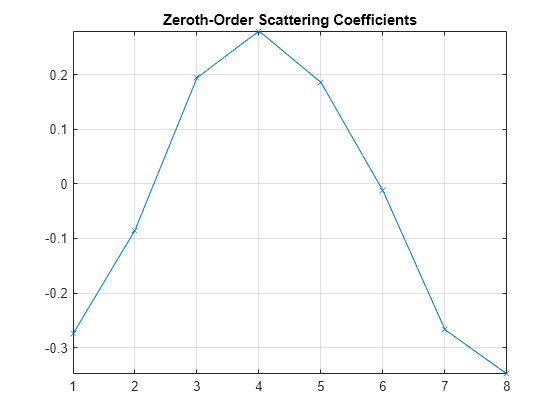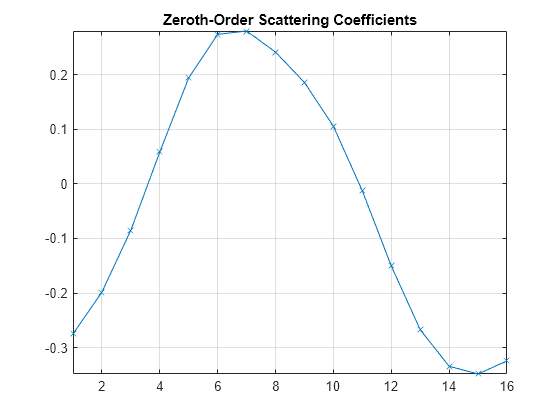numCoefficients
Number of wavelet scattering coefficients
Description
ncf = numCoefficients(sf)sf. The number of scattering coefficients depends on
the values of the
SignalLength,
InvarianceScale, and
OversamplingFactor properties of
sf.
Examples
Input Arguments
Extended Capabilities
Version History
Introduced in R2019a

